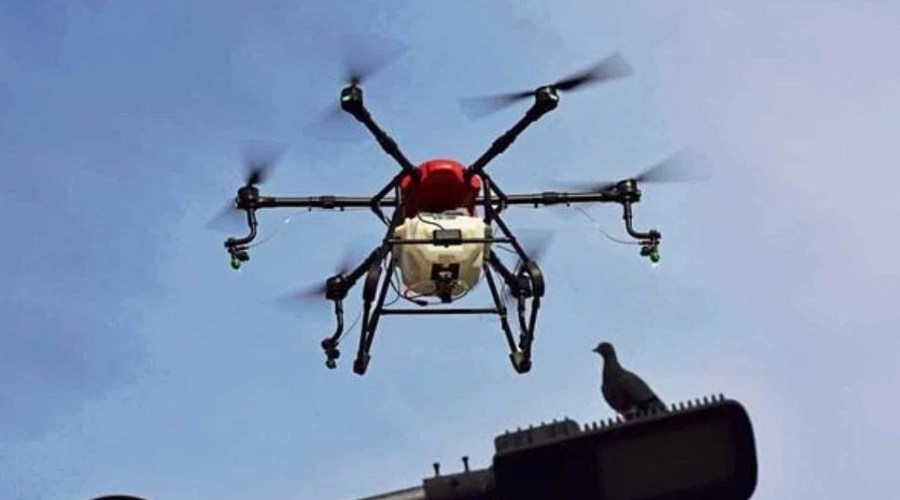India Bans Drone Imports to Boost Local Manufacturing
In a significant move to stimulate indigenous drone manufacturing, Union Minister of Civil Aviation K. Ram Mohan Naidu announced on Tuesday that India has implemented a complete ban on the import of drones. Speaking at the two-day national drone summit in Amaravati, Andhra Pradesh, he emphasized the government’s commitment to nurturing local talent and fostering innovation within the country.
"The complete import ban on drones is aimed at encouraging more startups in this sector and ensuring that the benefits of manufacturing remain in India," Naidu stated. He highlighted that the Indian government wants to harness the creativity of its youth to develop drones that effectively address the nation’s unique challenges.
The aviation minister noted that the government has introduced liberalized rules for the drone ecosystem, which have already benefited 27 companies through the Production Linked Incentive (PLI) scheme, backed by a substantial budget of Rs 120 crore. He expressed the need for India to significantly increase its registered drone fleet, targeting a goal of 100,000 drones, up from the current 27,000.
Naidu also pointed out the "Drone Didi" programme, which is empowering 30,000 women by training them as drone pilots for agricultural applications. He stressed the importance of women’s participation in the drone sector and praised the Prime Minister’s role as a strong advocate for drone utilization.
Looking ahead, Naidu indicated aspirations for Andhra Pradesh to become a global hub for drone manufacturing. "We are focused on ensuring that Andhra Pradesh realizes its potential as the leading drone hub in the world," he added.
Elaborating on the initiatives taken by the government, Vumlunmang Vualnam, Secretary of the Ministry of Civil Aviation, explained that the regulatory environment has been significantly streamlined since the liberalization of drone rules in 2021. He elaborated on the simplified process for purchasing, operating, and owning drones, which has made it more accessible to a broader audience.
With 90% of India’s airspace designated as ‘green zones’ via the Digisky platform, Vualnam highlighted that this initiative paves the way for easier adoption of drones for various applications across the country.
The success of the PLI scheme, launched two and a half years ago and poised for expansion, was also underlined. As drone applications continue to grow, Vualnam urged startups, MSMEs, and institutions to focus on research and development in drone technology.
In response to the complexities of operating drones beyond visual line of sight (BVLOS), the government is currently drafting new regulatory measures and welcomes public suggestions. Naidu noted that advancements in BVLOS are being closely monitored, as India aims to keep pace with global developments in drone technology.
Moreover, with 81 different types of drones certified and over 17,600 remote pilot certificates issued, enthusiasm for the drone sector is on the rise. The national summit, featuring drone hackathons and exhibitions, is expected to welcome 1,711 delegates and over 1,300 visitors, further highlighting the growing interest in India’s evolving drone landscape.





